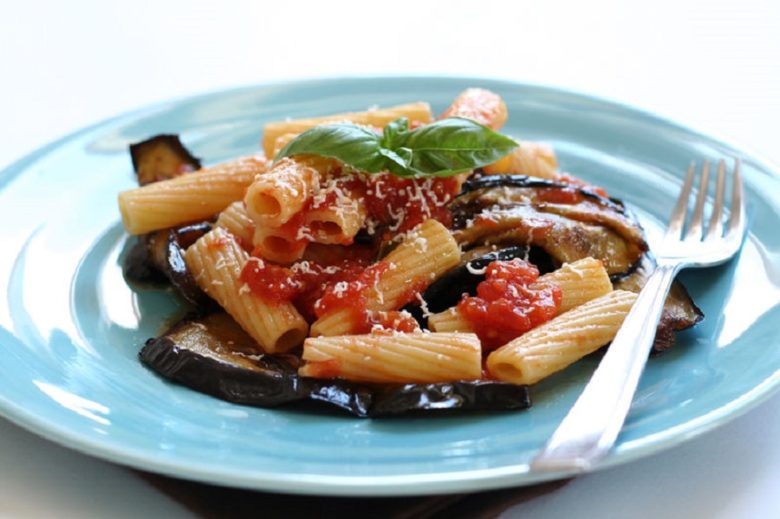“Cucùzza”: the Sicilian squash of many proverbs
For those who live in Sicily, it is not necessary to travel overseas to discover the origins and some curiosities related to the pumpkin, since in the southernmost region of Italy the so-called cucùzza has a lot to tell
Autumn is the season of Halloween, All Saints Day and … Pumpkins! These fruits of different types of plants are in fact the colourful companions of this time of the year, which not by chance are cooked according to different recipes and used as a decorative element in honour of the popular legend of Jack-o’-Lantern.
For those who live in Sicily, it is not necessary to travel overseas to discover the origins and some curiosities related to the pumpkin, since in the southernmost region of Italy the so-called cucùzza has a lot to tell. First of all, its etymology derives from the Latin cucutia, meaning pumpkin, which comes from the noun cucurbita, i.e. an evolution of the Greek kùkuon or kukùiza. In addition to indicating the pumpkin, in Sicily it refers to a long and smooth variety of courgette that is used to prepare pasta with taddi (or tenerumi), some vegetables whose head is the most used part (a part that, with a synonym, they also call cucùzza).
Outside the culinary world, the cucùzza has many interesting metaphorical meanings. Testa ca nun parla si chiama cucùzza reads, for example, a famous Sicilian proverb, as taciturn people are often associated with these plants and considered not very smart. The expression Cònzila comu voj, è sempri cucùzza tells us about the insipid taste of the pumpkin instead: it can be seasoned with any spice, but it will always be flavourless. With a periphrasis, the expression also alludes to the immutability of human characters and situations, which is well combined with a certain Sicilian fatalism in Giovanni Verga’s style. Finally, when it is plural, the cucùzza gives us the best of its semantic surprises. If you hear somebody saying that le cucùzze non bastano mai (pumpkins are never enough), you are not talking to a cook wishing to prepare a vegetable recipe for twenty people, but with somebody who has difficulty making ends meet at the end of the month, since the cucùzza stands also for the word money. Therefore, always pay attention to the context of use of this polysemic word, as it can take on very different shades of meanings.
Translated by Eva Luna Mascolino



